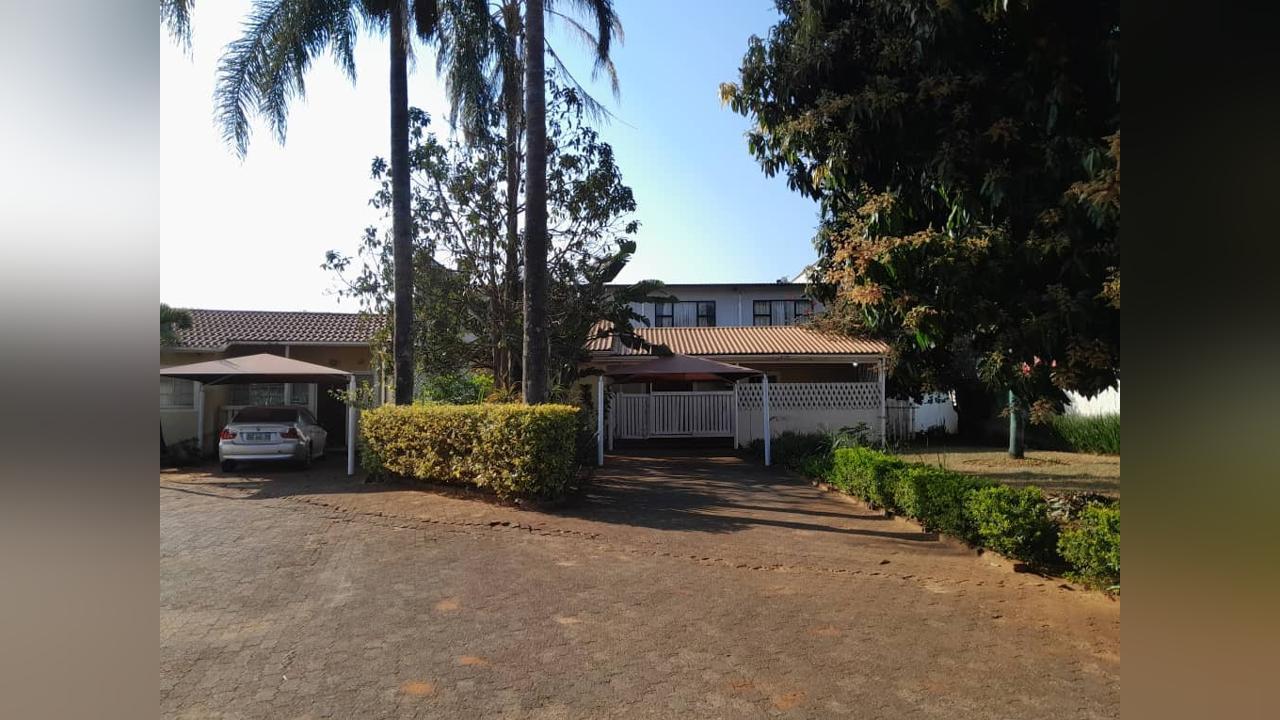Africa-Press – Eswatini. Wendwill Properties proposes to develop Twiggs Gated Residential Estate on portion 10 of Farm 51, in Ezulwini.
The proposed project, aims to establish a plot and plan principle of residential development on 60 medium density plots, 52 rental apartments on two high density plots, an estate with 60 standalone medium density plots, a nursery garden and recreational spaces.This is according to the environmental impact assessment and comprehensive mitigation plan for the proposed project. Wendwill Properties, a subsidiary of Libuyile Properties, is a company fully owned by the Public Service Pensions Fund (PSPF).
Sold
The report stipulates that 60 medium-density plots will be sold and the 52 rental apartments will be managed by the proponent, resulting in the provision of highly sought-after, well-located and highly affordable residential land.The report depicts that the current structures will be demolished to allow for the subdivision, infrastructure and proposed layout.
The development will further entail a survey of the land, which includes pegging and subdivision of the site, construction of access roads, pedestrian walkways and guardhouses, installation of sewer and water reticulation systems, provision of electricity and lighting infrastructure and provision of social amenities, like swimming pools, tennis court and landscaped parks.
“Wendwill Properties, the proponent landowner, believes that the time is right to develop the site with a vision to create a pleasant, safe and gated estate, that will appeal to middle and high-income earners, who appreciate the serenity and tranquillity Ezulwini has to offer,” reads the report.The project area is the former Twiggs Gardens, a popular nursery and centre for gardening and gardener needs, with various species of tree seedlings, flowers and gardening input. Surrounding properties include the Happy Valley Hotel, The Gables and residential properties.Positive impacts of the project, as detailed in the report, include the creation of jobs for the locals (work for design teams, temporary work for the construction phase and permanent/contractual work for housekeeping, maintenance and security).
Benefits
It also includes microeconomic benefits from development like licenses, taxes, levies on construction and legislatively required by construction, transfer of properties that provide taxes for government and eventually banks, insurance brokers and lawyers’s benefits.The opportunity for middle-income earners to own property is anticipated to be competitive and less risky for the end user, considering the developer offers a turn-key solution and no middlemen.“A more environmentally less risky concept will be a limited design and construction team as opposed to multiple construction companies in one area. Onus of any environmental non-compliance falls directly on the developer,” reads the report.
For More News And Analysis About Eswatini Follow Africa-Press







